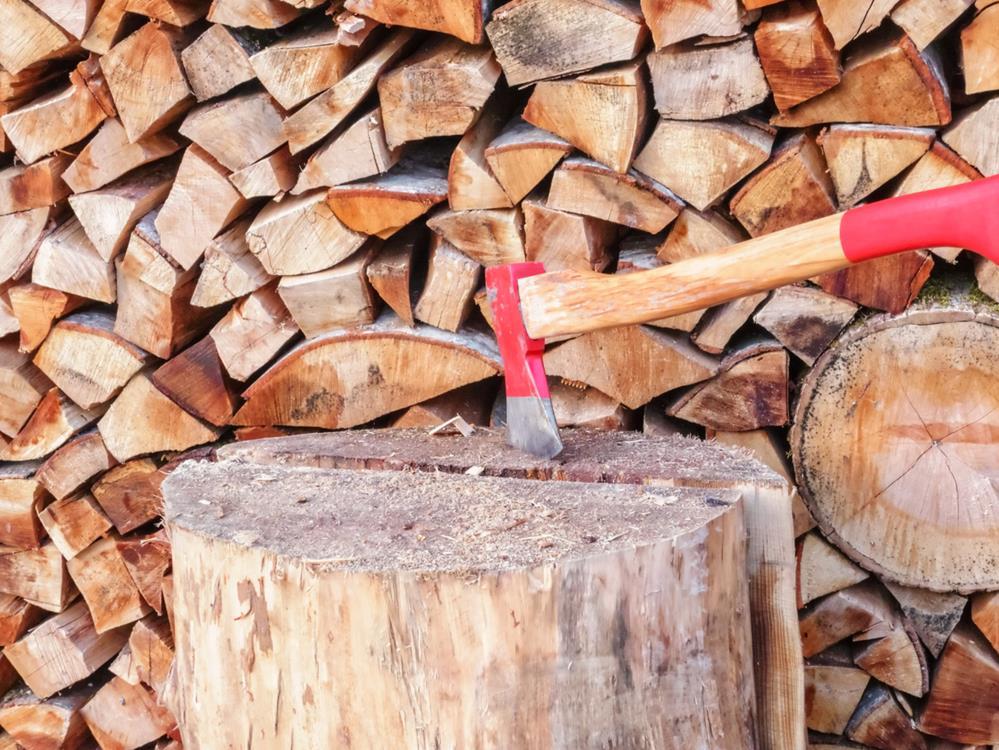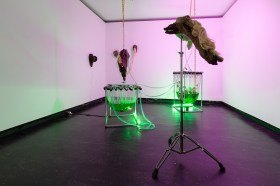As the work year gears up, our long leisurely days seem to get progressively shorter, Soon our diaries are packed, our emails overflowing and we find ourselves with never enough time to get the work done.
But working yourself to exhaustion is neither desirable nor necessary.The most successful workers don’t need to use all the hours in the day.
Read: ‘Busy’ is not a badge or honour
Take these shortcuts and you will have time to retain a sense of balance in your life this year.
Know what you are doing
In the arts sector, almost all of us are in jobs that are open-ended, with goals that are broad and endlessly stretchable. We need to be not just efficient – that is getting job done with least amount of time and effort – but also effective, that is achieving those outcomes that actually make a difference.
‘Being efficient at a task that doesn’t need to be done is not a productive way to spend your time,’ observes Cholena Orr, a director at PAC Executive Coaching..
Rather than getting tied up with work that needs to be done – often because someone else has requested it – assess which tasks will actually best serve the goals of your role. Be aware of the amount of time you are spending on those tasks, as opposed to the low value but necessary administrative housekeeping.
‘Put aside time each week to determine what you want to achieve in the week and weeks that follows,’ recommends Orr. ‘Block out time in your calendar for your most important work to ensure you create time for your craft. Decide when you’ll take care of low value work such as administration and follow ups and put time in your schedule.’
Sharpen the saw
There is an old anecdote about a woodchopper who slogs away, cutting down trees. His saw gets more and more blunt, but he keeps trying to chop down trees with little success. If he stopped and took the time to sharpen his saw, he would cut down many more trees in the same amount of time.
Often we are so busy doing the job we don’t stop to consider how we are doing it. Schedule in time to assess how you are approaching a task and discover new tools your work rather than just driving yourself to get the work done. For every piece of work you do regularly, ask yourself if there is a different way of doing it. It might feel like you can’t afford the time to change tack but you will be ore efficient in the long run
Start strong, end neatly
‘We have the most control over the start and the end of our days,’ said Orr. ‘Starting strong means you set yourself up for a series of small wins. Front load your day with activities which put you in a positive frame of mind. This might mean you wake up early to meditate, exercise or journal.
‘Start your day with high value work so that you can achieve one big task before other distractions come up like email and phone calls.’
The end of the day should be a time to reflect and unwind. ‘Take time to think about what you learned over the course of the day, anything you did well that you can replicate, and anything that didn’t go well that you will avoid in the future. Finally, think about what you’ll do differently going forward.
‘Take the time to list out the tasks you’ll focus on the next day so that you can “switch off” and enjoy your personal time.’
Streamline
Find ways to refine your everyday efforts. Life coach Alex Kingsmill suggest creating templates to make your regular processes easier. ‘If you’re always sending colleagues the same basic info, create an email template. Or if clients are always after a specific piece of information, make it available on your website. Your newly polished processes will leave you more time and energy for the work that really matters.’
Keep notes
Read: 15 useful tools for writers
Thomas Edison did it. Virginia Woolf did it. And so did Charles Darwin. Diligently carrying a notebook and pen around is a great way to empty out your brain, freeing up space for creativity. ‘Brains don’t work 9-5,’ said Kingsmill. ‘They often come up with their best ideas when you’re cooking dinner or having drinks with friends or walking the dog.
‘This year, make sure to capture those ideas – carry a small notebook and a pencil with you or even just keep notes on your phone – and use them to boost your professional performance.’
Manage your energy
Pay attention to how you manage your energy over the course of each day, week, month and year, said Orr. Cramming in too many projects without resting will be detrimental to your health. ‘Self-care leads to greater productivity. Prioritise your personal health without guilt as great health translates to great productivity.’
On a day to day level, it’s important to identify the times when you are most productive. Some people bound out of bed, raring to go, but hit a slump in the afternoon, while others are night owls who do their best work between midnight and 2am. Keep an eye on your energy levels, and adapt your work accordingly. Try to do your most creative work when you are full of energy, and the duller monotonous work when you are feeling tired.
Make a plan
‘When you turn up to work without a plan, you tend to work reactively – shaping your day around others’ expectations and demands,’ said Kingsmill. ‘A plan focuses your attention, encouraging greater efficiency and productivity.
‘So arrive at work with an idea of how you intend to use your day – a list or even just a couple of areas of focus – and then stick to the plan.’
Learn to say no
Every time you say “yes” to something that isn’t a priority, you’re saying “no” to work that is or you are giving up your personal time.
‘Develop a “go to script” for declining request on your time which don’t align with your goals,’ said Orr. ‘For instance, when you’re asked to do free work to “give you experience”, you might say “thank you for the opportunity, but I have a full schedule of work with my current clients”.’
Batch, batch, batch
One of the principles of design is to “group like with like”, and this applies to productivity too. Instead of checking your inbox every time you hear the ping of an email, set regular times to do specific low-value tasks, such as checking emails, returning phone calls and chatting to colleagues.
Studies have shown that it can take up to 24 minutes to refocus on the task at hand after being interrupted. Batching communication allows us to focus on high value work at the right time, and to be fully present when we’re communicating.
Sleep, eat, exercise
None of the above tips will work if you are sleepy, hungry and lethargic. Sleeping and eating well and moving regularly will help you feel more energetic, focused and productive.
Getting appropriate sleep has been found to be more important for the brain than going to the gym. Sleep deprivation leads to lower levels of engagement, more accidents, relationship issues and even unethical behaviour. Give yourself a bed time – even set a “bedtime alarm” if it helps – and make sure you stick to it.
Read: Be more productive. Sleep.
Plan your eating to fit with your work commitments. Make lunch the night before, cut up vegetables to snack on at your desk, keep a water bottle beside you and don’t skip meals.
Fit exercise into your day. Take the stairs. Walk between meetings. Do a lunchtime yoga class or gym session.
Never tell yourself you don’t have time to look after yourself. When your aim is to work smart, going to bed, eating lunch or having a walk may achieve more than another hour in front of the computer.





